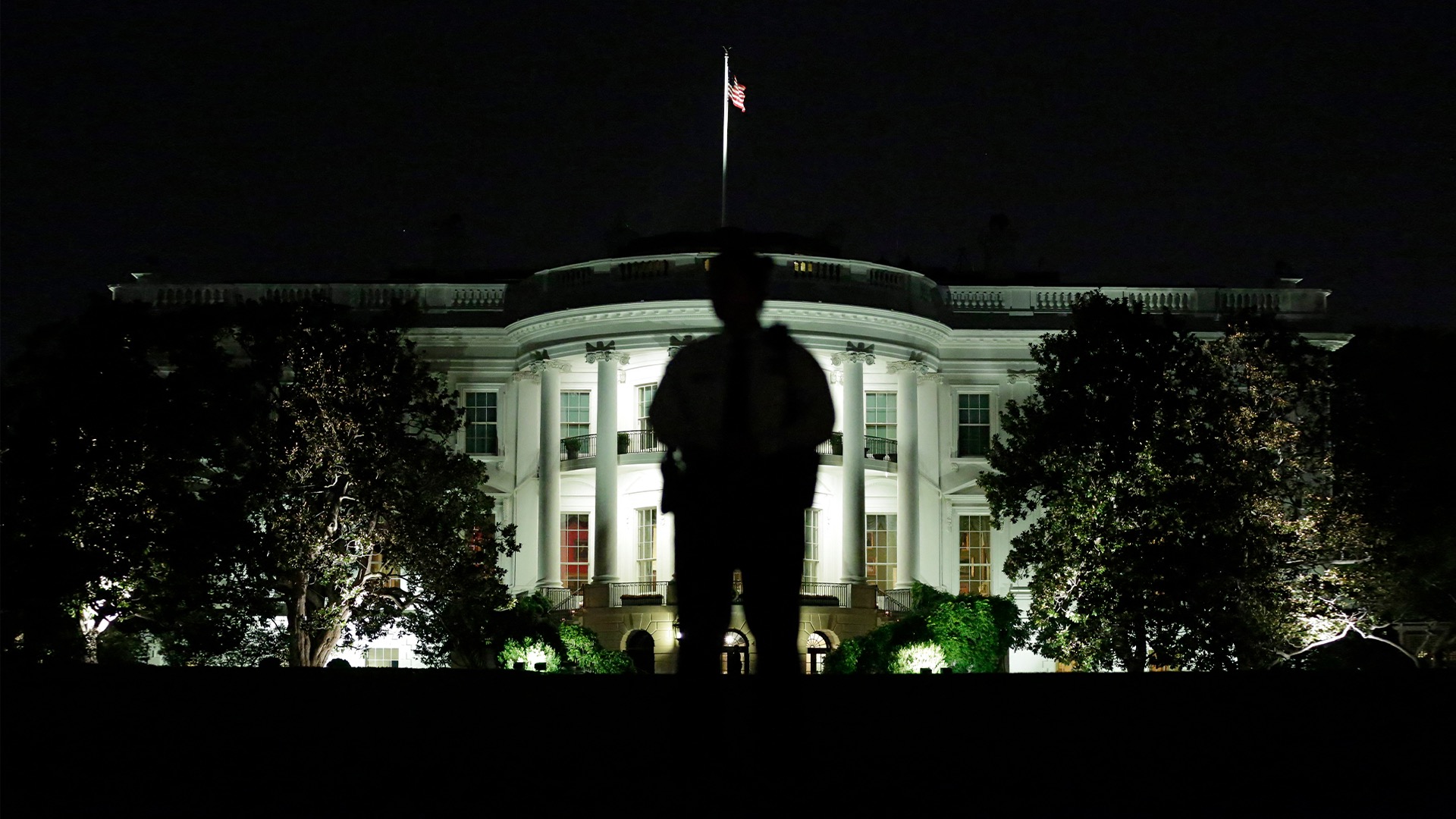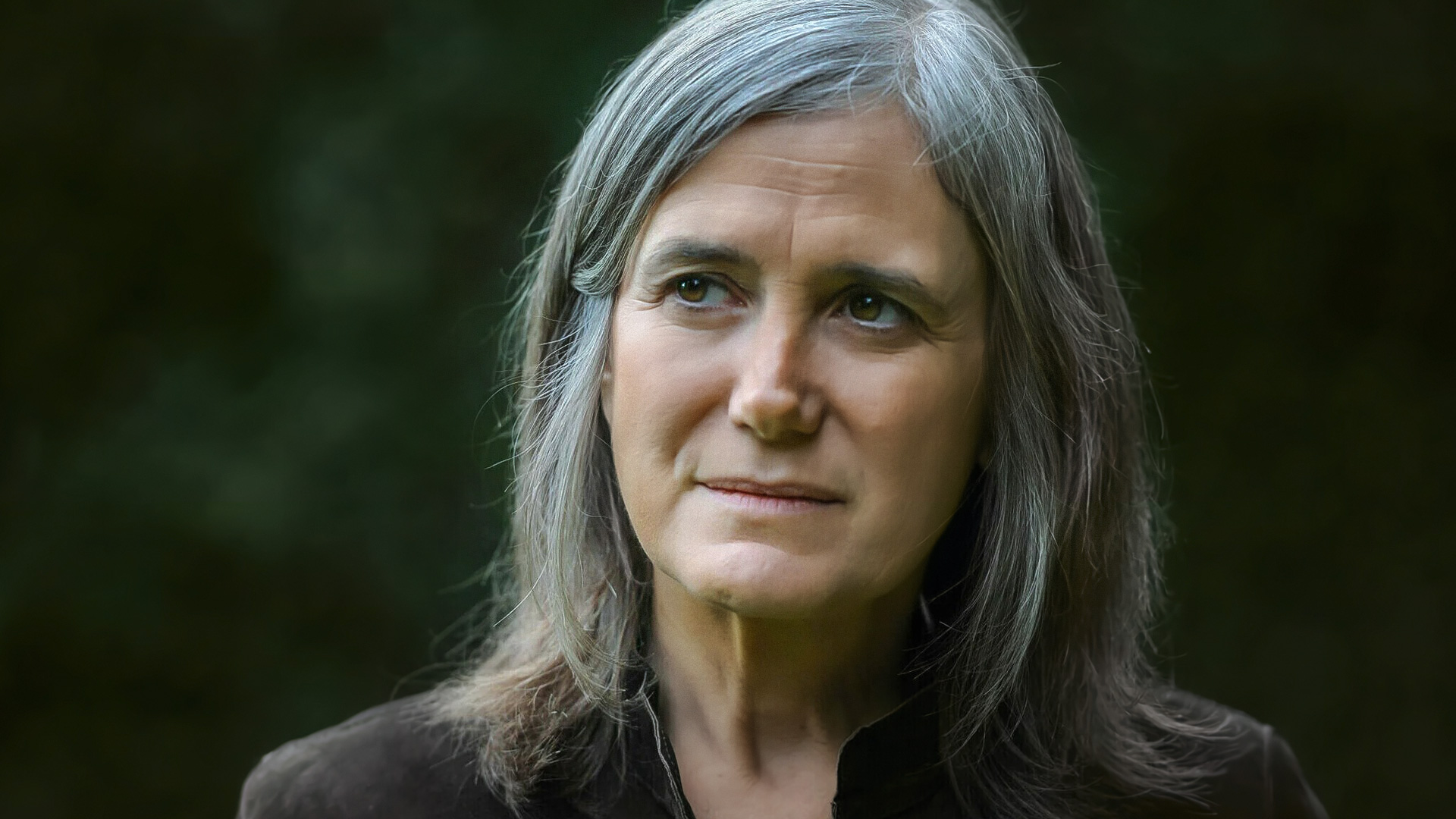DC/DOX enters its third year amid a changing world for nonfiction film

As it enters its third year, DC/DOX , the Washington-based nonfiction film festival founded by Jamie Shor and Sky Sitney in 2023, finds itself in a world of dizzying change.
In April hundreds of grant recipients — many of them documentary filmmakers — received notice that the National Endowment for the Humanities was terminating their funding, putting several projects in limbo. The following month, President Donald Trump announced that he was considering eliminating both the NEH and the National Endowment for the Arts; soon thereafter, the NEA announced that it was withdrawing or canceling grant offers to arts nonprofits around the country that have been critical sources of financing.
The Public Broadcasting Service — an important funder and outlet for documentary filmmakers — is facing similar threats, with Trump issuing an executive order calling on the Corporation for Public Broadcasting to cease support. (PBS and NPR, which was included in the order, are suing the Trump administration for violating their First Amendment rights.) In May, Documentary magazine, published by the International Documentary Association, reported that PBS had removed a 90-second sequence from an “American Masters” documentary about cartoonist Art Spiegelman showing a negative image of Trump.
To make matters more highly charged, if not surreal, Trump also announced that he planned to stage a military parade through the streets of Washington on June 14 — Flag Day, which happens to land on his birthday, and squarely in the middle of DC/DOX (the festival gets underway on June 12 and wraps up on the 15th).
“Fortunately, the route doesn’t get [near] our campus that much,” said Shor, referring to the festival’s hub locations at the Eaton Hotel, the Navy Memorial, Planet Word and Regal Gallery Place. But, she added, she has had to field more questions than usual this year about logistics, safety and psychic comfort. “We talk about people wanting to invest two things when they go to see a film,” Shor said. “They invest their entertainment time and their entertainment dollars. And both of them are equally precious. We … want to make it as safe and as easy as possible for them to retain their commitment to this art form. So we keep an eye on it, we don’t have blinders on. [But] there was nothing that was going to chill us to the point where we weren’t going to go ahead.”
As for the impact of present-day politics, Sitney acknowledged filmmakers’ heightened concerns while taking a longer view of the challenges that have always faced work made outside the cultural and commercial mainstream.
“Documentary film has always been operating in an oppositional manner,” Sitney observed. “What is new is the unbelievable extent of hostility and danger — physical, legal, existential — to these supporting institutions. But at the same time, documentary has been part of a long continuum where it’s been operating at different times against the tide and with forces that are always making it difficult. That’s kind of its purpose.”
This year’s DC/DOX will include a panel on navigating a changed landscape in public media, and there will be no shortage of informal sidebars with filmmakers sharing contacts, concerns and coping strategies. But Sitney offered a reminder that those anxieties “didn’t just begin this year. They’re reaching an acceleration and a fever pitch that is shocking and startling and does pose some existential questions, in terms of the actual survival of public media. But in all the years I’ve been in this industry, I feel like every single year there have been threats to public media at different times.”
Earlier this year, Shor and Sitney received word that their former main venue, Landmark’s E Street Cinema, would be closing. They quickly pivoted to Regal Gallery Place, which is just a few blocks away. Still, the shuttering of E Street symbolized bigger ructions in the movie industry that have, inevitably, made their way to documentaries. In recent years, nonfiction filmmaking had enjoyed something of a golden age, with streamers and even legacy studios paying generously for fact-based films that were relatively cheap to make and possessed potential for big returns.
With Hollywood in a post-covid, poststrike, post-wildfire contraction, that largesse is no longer nearly as forthcoming. But that also means that what Sitney calls a “fever dream” — wherein filmmakers were lured by big budgets to make films about celebrities and true crime and sports figures — has finally broken. “In some ways, the purity of [documentary] was being destroyed,” Sitney noted. “I have heard from some filmmakers that this needed to break, this false idol. And even though we don’t know where those pieces will be reassembled, or how they’ll be reassembled, what that was was not quite right.”


For all of the change and attendant apprehensions that the documentary community is currently facing, the DC/DOX program this year reflects a vibrant, expansively diverse medium: This year’s slate includes 47 features ranging from biopics of Andy Kaufman , Barbara Jordan and Barbara Walters to criminal justice and political activism, mental health and artists at work. The opening-night film, “Steal This Story, Please!,” profiles “Democracy Now!” host Amy Goodman; the closing-night film, “Bodyguard of Lies,” chronicles the history of the Afghanistan war. “State of Firsts,” about Delaware congresswoman Sarah McBride (D), will screen on June 15. (Patrons can purchase tickets to individual screenings or buy festival passes ranging from $200 to $500.)
Goodman and directors Tia Lessin and Carl Deal will be on hand at the “Steal This Story” screening, and filmmakers Dawn Porter and Andrew Jarecki and sales agent/producer Josh Braun are expected to attend throughout the weekend. Film subjects McBride and former labor secretary Robert Reich will connect via Zoom. They will be part of a larger coming-together that both Sitney and Shor consider more necessary than ever. “Our numbers, in terms of audience engagement, are already double where we were this time last year,” Sitney observed. “So clearly, there are audiences who deeply appreciate and want to engage in these stories.”
Shor agreed. “We talk a lot about institutions, and will they hold and will they not, in this era,” she said. “We’re not an institution, but we’re committed to being one. … And the reasons why people come to these institutions — the stakeholder communities, the journalism community — that doesn’t change. We’re all still here.”
Post a Comment